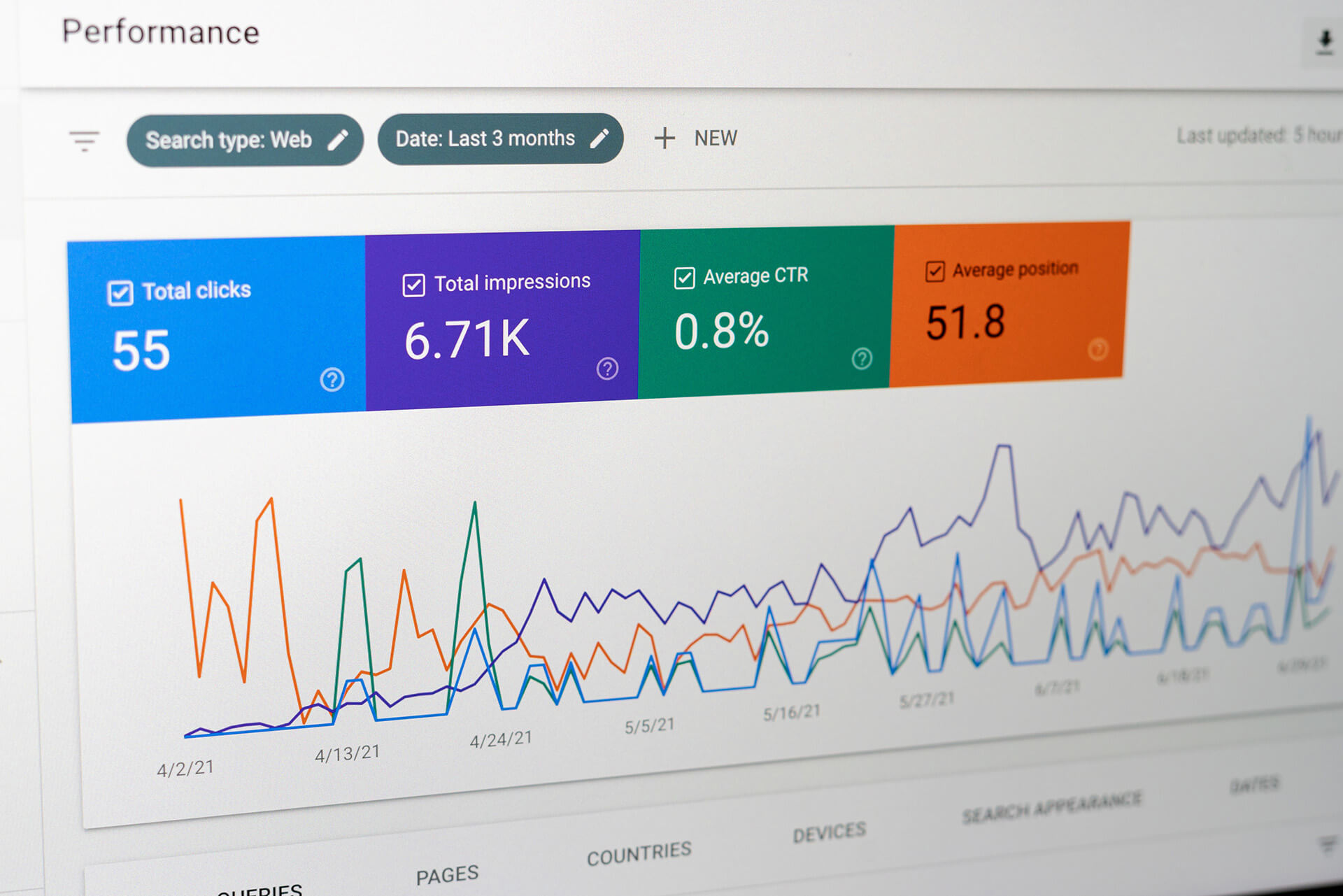What is site speed and why is it important?
Site speed is an important search engine ranking factor for websites. It refers to the amount of time it takes for a web page to load, and it can have a major impact on user experience, search engine rankings, and even conversion rates.
Site speed impacts conversion rates and user experience
A fast loading website provides a better user experience, as visitors are able to access and navigate the site more quickly. This can lead to increased engagement and reduced bounce rates, which can improve the site’s search engine rankings.
In addition, site speed can also affect conversion rates. Studies have shown that a delay of just a few seconds can lead to a significant decrease in the number of conversions, as impatient users may simply leave the site rather than wait for it to load.

What influences site speed?
There are several factors that can affect a website’s speed, including the size and number of images, the use of external scripts, and the quality of the hosting provider. To improve site speed, it is important to optimize images, minimize the use of external scripts, and choose a high-quality hosting provider.
In conclusion, site speed is a crucial factor in the success of a website. By improving the speed of a site, businesses can provide a better user experience, improve search engine rankings, and increase conversion rates.
How to measure my site speed?
There are a couple of free tools available to measure your site speed. You can use Google page speed insights or GTMetrix. By checking your site speed performance you will be able to make an educated decision if your website requires further optimization.
How to improve site speed?
There are a few ways to improve the speed of a website. Here are some things you can try:
- Enable compression: You can enable compression on your web server to reduce the size of your HTML, JavaScript, and CSS files. This will make your pages load faster for your users.
- Optimize images: Large images can slow down your website, so it’s important to optimize them. You can do this by reducing the file size of your images and using the correct image format for the job.
- Use a CDN: A content delivery network (CDN) can help speed up your website by distributing the files that make up your website across multiple servers around the world. This means that users will be able to download the files they need from a server that is closer to them, which can improve the speed of your website.
- Minimize redirects: Redirects can slow down your website because they require an extra HTTP request-response cycle. Try to minimize the number of redirects on your website to improve its speed.
- Enable caching: Caching can help speed up your website by storing static versions of your pages and posts. This means that when a user visits your website, they will be able to load the page more quickly because the server won’t have to generate it on the fly.
These are just a few ways to improve the speed of your website. There are many other things you can try, such as optimizing your database, minifying your HTML, CSS, and JavaScript, and using a fast web host.
Summary
In conclusion, site speed is a crucial factor in the success of a website. By improving the speed of a site, businesses can provide a better user experience, improve search engine rankings, and increase conversion rates.
Need help improving site speed?
Zemos Design can help improve your website speed through our SEO services or website maintenance services. Contact us for a free consultation.

